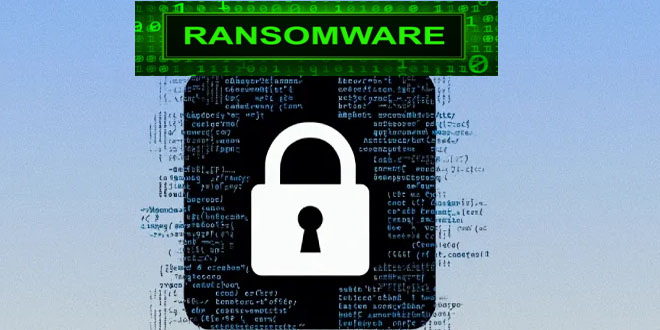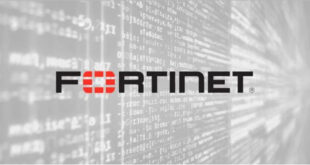Facebook and Google, two prominent social media and tech companies, have established data centers in Kolkata, West Bengal, benefiting internet users in India, particularly in that state. Users can now access Facebook and Google websites with relative speed and efficiency.
Additionally, the imported bandwidth from these data centers is extending to Bangladesh through the International Terrestrial Cable (ITC), offering advantages to users within the country. Notably, this bandwidth is available at a lower cost compared to submarine cables in Bangladesh.
This development is believed to be one of the reasons behind the declining usage of submarine cables for bandwidth in recent times. Recognizing this, the government is taking steps to encourage the utilization of submarine cable bandwidth within the country. It is also planning to invite Google and Facebook to establish data centers in the country.
Currently, approximately 5,000 Gbps of bandwidth is being utilized in the country, with half of it sourced from submarine cable companies and the other half from ITC institutions. A year ago, the country relied on submarine cables for 60 percent of its total bandwidth.
ALSO READ:
With the establishment of data centers in Kolkata by Google and Facebook, cash or PNI bandwidth is now being transmitted to Bangladesh. The affordability of this bandwidth has attracted domestic companies, specifically International Internet Gateway (IIG) providers, towards its usage.
The Post and Telecommunication Minister, Mustafa Jabbar, commented, “Since Google, Facebook, YouTube, and TikTok have not established offices in our country, we cannot force them. However, we can make a significant request and invite them to build data centers in our country.”
Responding to a query, the minister further stated, “While investigating the increasing dependence on imported ITC bandwidth, I observed that Facebook and Google have built data centers in Kolkata, providing cache servers. The ITCs in our country are purchasing bandwidth from there at a lower price. Hence, we should question why we are not requesting them to install servers in our country. This will be addressed this time.”
He also mentioned, “Companies like Facebook and Google evaluate their business prospects in a particular country before establishing data centers. Perhaps they have not identified a viable business case for our country yet. We must consider these factors.
For instance, payment gateway PayPal has not entered our country because they perceive a lack of business potential. However, we have not been lacking in our efforts. Perhaps one day they will consider coming. Similarly, if Google and Facebook recognize a promising business case in our country and we extend invitations and maintain communication, they may show enthusiasm in establishing data centers.”
Commenting on the matter, Emdadul Haque, President of the ISP (Internet Service Providers) organization in the country, stated, “The increasing usage of ITC bandwidth in the country can be attributed to its affordability. IIGs are shifting towards ITC bandwidth as it is cheaper than that offered by the country’s submarine cable companies. Cash or PNI bandwidth is accessible from Kolkata, and users experience lower latency by connecting through Kolkata instead of Singapore. This is another contributing factor.”
When asked, he expressed, “We wholeheartedly welcome the establishment of Google and Facebook data centers in our country. Internet users in our country will benefit from improved services at a more affordable price.”
Here are some of the benefits of having Facebook and Google data centers in Bangladesh:
- Reduced bandwidth usage: As more and more internet users in Bangladesh access Facebook and Google’s websites through the data centers, the country’s bandwidth usage will decrease. This will free up bandwidth for other websites and applications.
- Cheaper internet access: The cost of internet access in Bangladesh is relatively high. Having Facebook and Google data centers in the country would help to reduce the cost of internet access by making it easier for internet service providers to obtain bandwidth.
- Increased job opportunities: The construction and operation of Facebook and Google data centers in Bangladesh would create thousands of new jobs. These jobs would be in a variety of fields, including engineering, IT, and customer service.
 InfoSecBulletin Cybersecurity for mankind
InfoSecBulletin Cybersecurity for mankind















